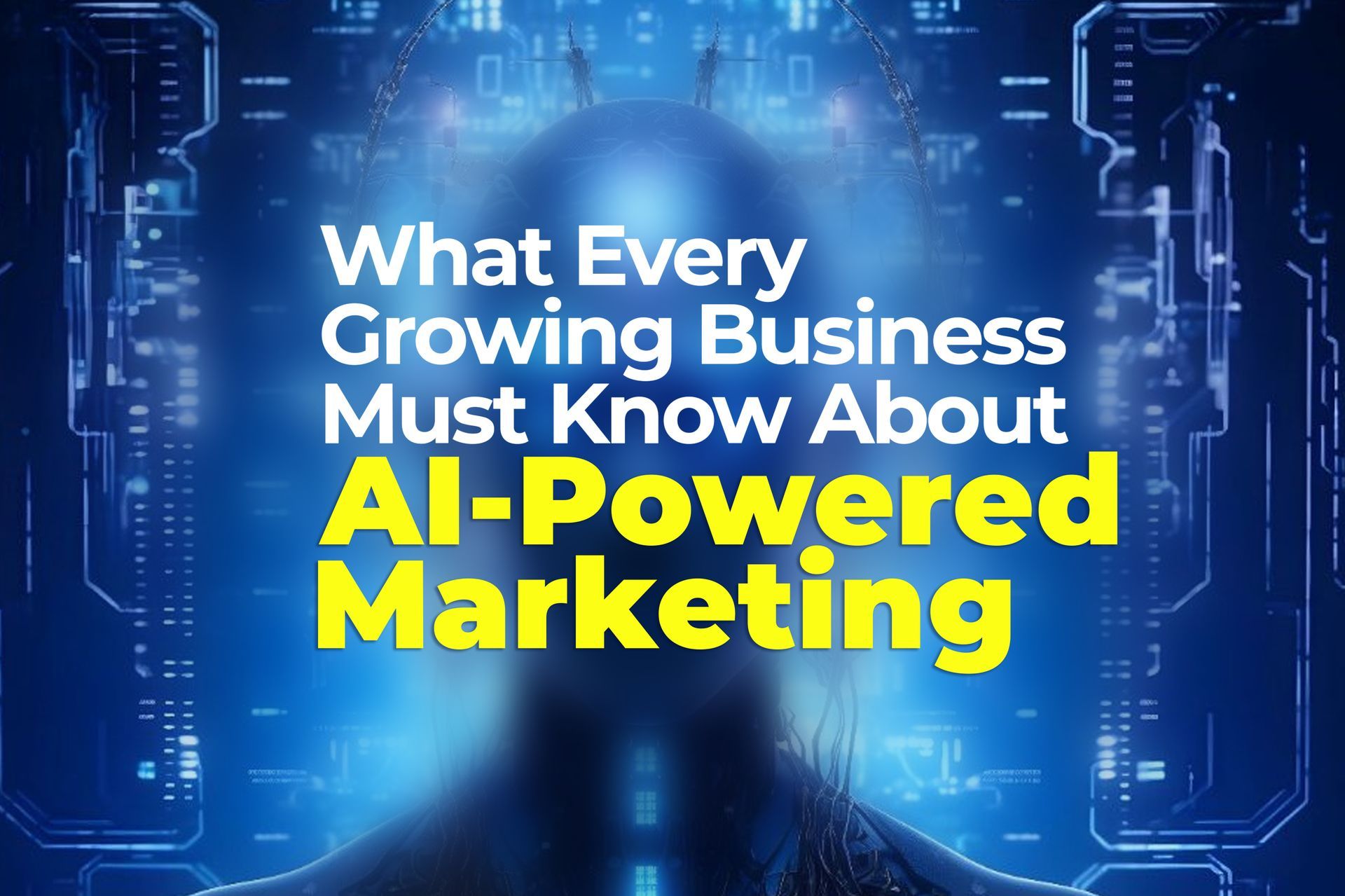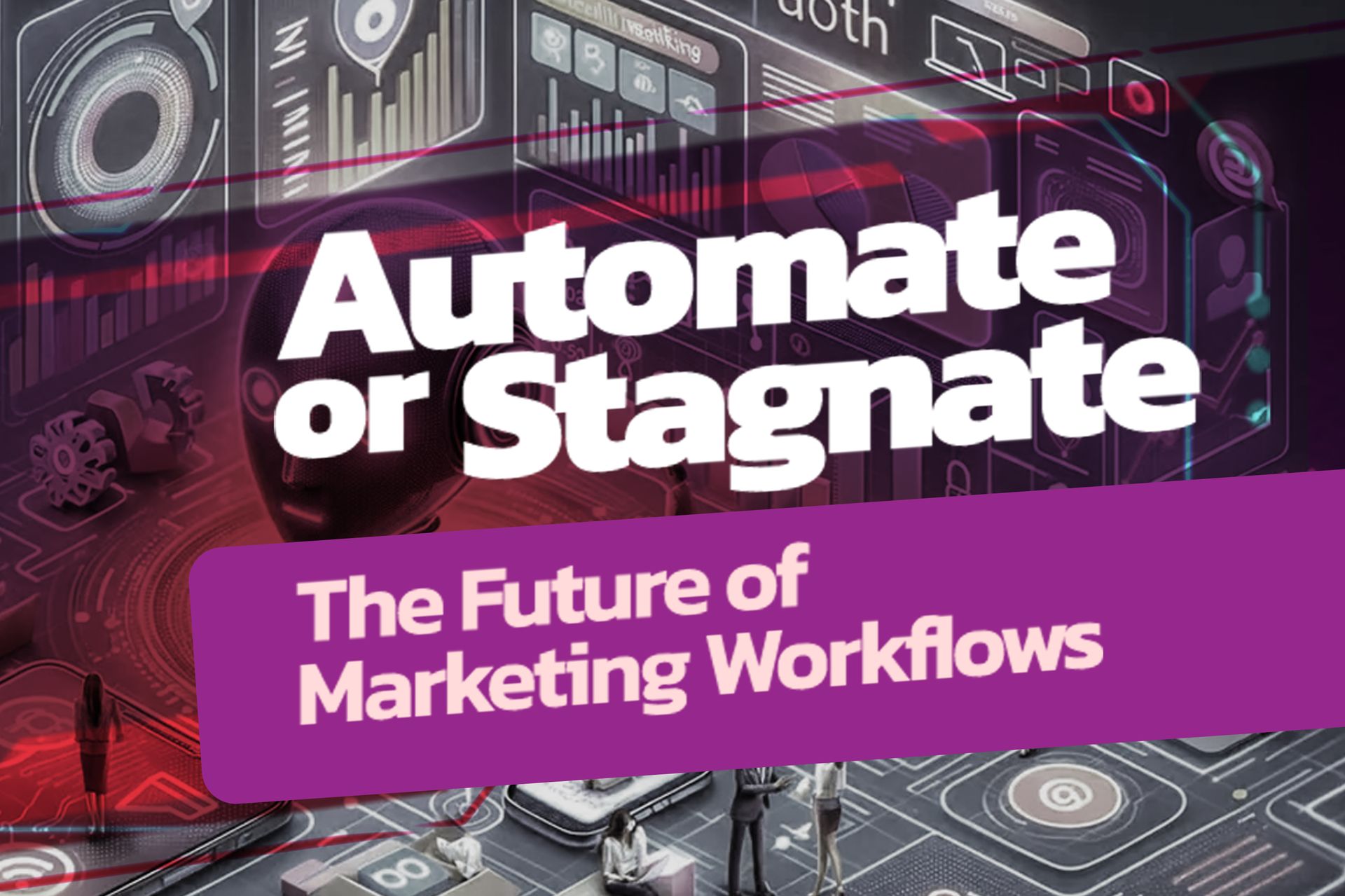How Does Mark Zuckerberg's Congress Hearing About Facebook Affect Local Business Marketing?
You've probably heard of Facebook CEO Mark Zuckerberg's Congress hearing just recently. Even if you haven't seen it, you most definitely were able to catch a few memes or articles describing how it all went down.
A lot of articles suggest that it's the rise of Silicon Valley and the exposure of the government's lack of understanding regarding the Internet let alone Facebook's business model. Some even applaud Zuckerberg's calm even if he was under fire for a total of 10 hours. Imagine yourself facing a full Congress with almost every senator badgering you with a question that you have to answer in the best way possible. Seems impossible, right? Well, apparently, Mark Zuckerberg did it.
The hearing was supposed to focus on the issues regarding personal and private data that Facebook allegedly exposes or sells to third parties. However, it became an opportunity for other Internet-related issues to surface such as viewpoint discrimination that happens on Facebook.
There was also a brief description of what happened in the Cambridge Analytica issue where 300,000 Facebook users and their families and friends (amounting to 87 million people) who answered surveys from Aleksander Kogan had their personal information sold.
An Apologetic CEO
Even at the start of the hearing, Mark Zuckerberg was already apologetic about how it had come to this. In his opening statement, he says,
"...but it's clear now that we didn't do enough to prevent these tools from being used for harm, as well. And that goes for fake news, for foreign interference in elections, and hate speech, as well as developers and data privacy.
We didn't take a broad enough view of our responsibility, and that was a big mistake. And it was my mistake. And I'm sorry. I started Facebook, I run it, and I'm responsible for what happens here.”
Hands down to his humility and his accountability.
My Two Takeaways
If there is anything that we'll learn from Zuckerberg's hearing it's these:
- Zuckerberg is good at evading questions;
- he's even a lot better in seizing every opportunity to show how he knows his company inside out while exposing those who don't.
So let's talk about how these two things showed in the hearing.
First of all, if you listen closely to the hearing, you'll notice the CEO always dodging questions that he may or may not have the answer to. He's said, "I can have my team follow up with you" a dozen times in many different phrases that you can even start counting. You'd hear him say "I can make sure that our team follows up with you on anything...", or "I'm happy to have my team follow up with you on more information..."
Aside from knowing that Zuckerberg knows how to dodge pointed questions, you'll also get a sense of how prepared he was for the interrogation even if he barely answered them. He knew that it would be wise to stick to the script and to maintain composure even under fire. Although there were one or two questions that rattled him, it was still his overall composure that made him win.
When it comes to him knowing his business, this comes as no surprise. He created Facebook on his own in a dorm room and he has built the company from the ground up. What can you expect? Of course, he knows what he's talking about. What's unexpected and a little funny is that the Senate didn't seem to know anything about it. As questions started to be asked, you'll feel that some of the Senators had no idea what they were asking.
The Top 5 Questions that Exposed the Senate
- From Senator Maria Cantwell of D-Washington (Democrat)
"Is this guy out-foxing the foxes or is he going along with what is a major trend in an information age to try to harvest info for political forces?
2. From Senator Brian Schatz of Hawaii (Democrat)
"If I'm mailing - emailing within What's App, does that ever inform your advertisers?" Mark Zuckerberg answers with a "No, we don't see any of the content in What's App. It's fully encrypted."
But the senator doesn't stop. He even adds a follow-up question, "...let's say I'm emailing about Black Panther within What's App, do I get a Black Panther ad?"
This line of questioning only exposes how a good number of senators do not understand the scope and limitations of Facebook. What made it worse was that even if Zuckerberg explained how it works, the senators failed to see the logic behind it.
3. From Senator Roy Blunt of Missouri (Republican)
"There are days when I wonder if “Facebook friends” is a little misstated. It doesn't seem like I have those every single day."
That hardly seems to be Zuckerberg's fault, right?
4. From Senator Deb Fischer of Nebraska (Republican)
"So how many data categories do you store, does FB store?
Talk about exposing pertinent information on live television.
5. And last but not the least, from Senator Orrin Hatch of Utah (Republican)
"How do you sustain a business model in which users don't pay for your service?
And Zuckerberg's answer was short and sweet, "Senator, we run ads."
So how does this affect me as a marketer or a video creator?
Even though Zuckerberg has left the Congress unscathed, the same cannot be said for online marketers and video creators. Here are some of the things you'll notice starting today or as Facebook continues to focus on privacy settings.
- Many of your streaming applications will lose access
This is mainly because Facebook is trying to manage privacy even within online groups. In their plight to limit the personal and private data being shared online especially when people interact with strangers all over the world, the streaming sites you usually go to for subscriptions will be lessened.
2. Live streaming videos and shows will be more difficult
It goes without saying that live streaming videos will be more difficult especially when streaming applications will lose access. Third-party applications who live stream will experience difficulty in connecting with users or a site shutdown as the worst.
3. Less audience reach
Obviously, as websites and groups are taken down, the channels where you reach your viewers will decrease. Thus the audience will also decrease in number. Your reach does not end in the likes and shares you get on social media. It will extend to the ads that show on the pages of people whom you are relevant to.
According to Facebook COO Sheryl Sandberg, "If you want an ad-free Facebook, you're going to have to pay for it." In other words, if you want to lessen the data you share online that sites use for targets, then you have to pay for Facebook use.
When this was clarified in the hearing, Mark Zuckerberg reiterated that Facebook has a feature wherein those who do not want their data to be used for ads "can turn off third-party information." Zuckerberg further explained that although personal data is used to target ads, people are more tolerant on this than having ads pop-up that is completely irrelevant to them.
No one wants an impersonal Facebook. As much as possible, it would be better if you have ads that are close to your interests and hobbies. If you can't remove ads from the equation, then you might as well get ads that you will be interested in. Besides, those who still fight for complete data protection and privacy are fighting a losing battle. There is more to advertisements than getting your personal information - information that you have voluntarily given on Facebook.
4. Higher costs
Because you want to maintain the reach of your posts, you would have to pay higher than the usual just so you can get the same results. Since it's already stated that your reach will decrease, you want to pay more so that Facebook continues to connect you with those who will find your relative. The more services of Facebook that you use, the higher the expenses you will incur.
5. More regulation and management of data
You're probably already experiencing this. Once Facebook admitted their mistake in not putting enough effort in protecting data and discriminating against religious institutions, political figures, etc., Zuckerberg made it a point to look into the previous cases of shutting down pages and people online.
Similar to this scenario is the closing of the Diamond and Silk's page which was a page for Trump supporters.
Moving forward, we aren't sure what changes and modifications Mark Zuckerberg intends to make on Facebook. What we do know now is that he was the one who roasted the Congress and not the other way around. Also, regardless of the changes that will happen in the future, you should be able to create a solid fan base that goes beyond social media. But if you are using Facebook to market your videos and to gain engagement, then you have to play by Facebook's rules.










